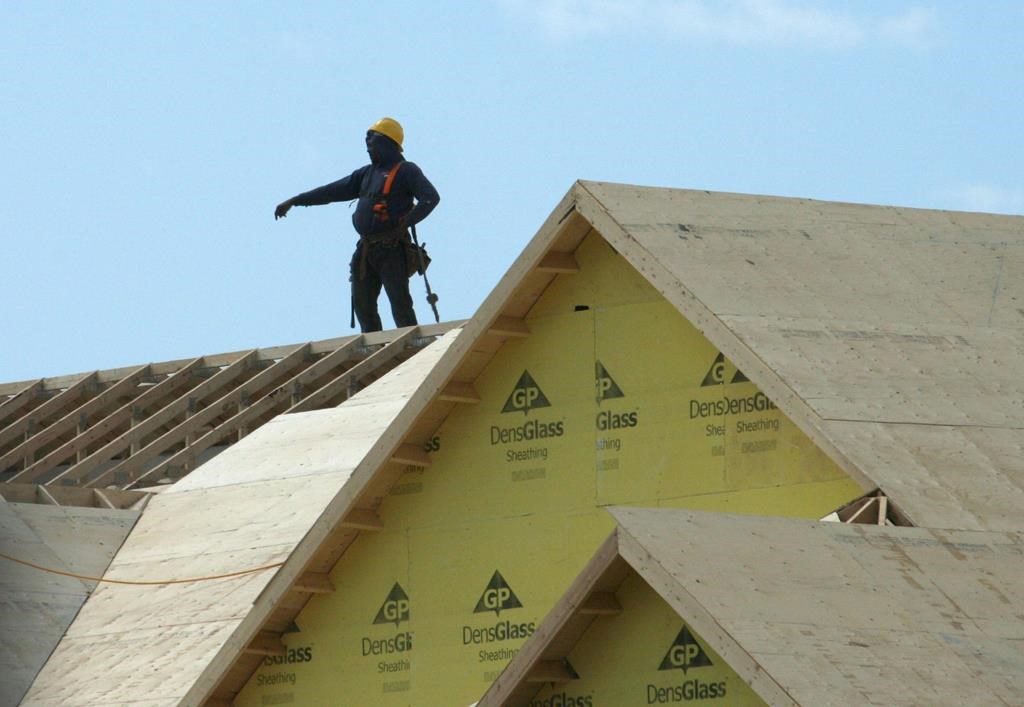Winnipeg’s mayor is fighting an uphill battle in an attempt to create a bigger gap between city hall and real estate developers, a municipal politics and policy expert said, following a high-profile court decision this week that quashed the city’s growth fees on new build homes.

“Here I do get the sense that the development industry still largely calls the shots,” said Aaron Moore, a University of Winnipeg political science associate professor who researches municipal governance and urban planning.
“This is a city that is still very much in the control or in the thrall of the development industry.”
In a decision Wednesday, Manitoba Court of Queen’s Bench Justice James Edmond ruled the city will have to pay back more than $30 million in fees charged to home builders and homeowners since 2017, after siding with arguments made by the Manitoba Home Builders’ Association and the Urban Development Institute in a legal challenge.
The judge, however, wrote the city does have the legal authority to collect impact fees to pay for infrastructure in sprawling suburbia, but that the bylaw used to collect them was vague and constituted an invalid, indirect tax.
The city suspended its collection of the fee — $500 per 100 square feet of new residential space in selected areas on the edges of the city — on Thursday, with Mayor Brian Bowman and chief corporate services officer Michael Jack telling reporters the city will need to review the court decision before deciding what to do.
Those options could include the possibility of launching an appeal in court or changing the bylaw to collect the fees in a different manner.
Asked whether he believes Bowman is attempting to change the manner in which development is done in Winnipeg, Moore said he believes so.
“I think from the start that’s something he’s been trying to do — unfortunately, I think he underestimated just how strong (developers) are,” he said.
“I’m not implying that developers are evil or are trying to do anything bad to the city… but I do think they have a lot of weight and they throw that weight around quite a bit to get what they want.”
In their legal challenge, the Manitoba Home Builders’ Association and the Urban Development Institute argued the city didn’t have the authority under its charter to create the growth fee bylaw and that the fee unfairly levies a tax on homebuyers.





Comments